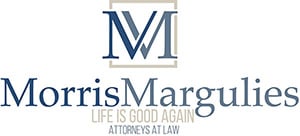A ‘transfer’ does not include a bank account holder’s regular deposit into his own unrestricted checking account. A Chapter 7 debtor, running a Ponzi scheme, deposited funds from his victims into his checking account. The Ponzi scheme collapsed, an involuntary Chapter 7 was filed, and the Chapter 7 Trustee commenced a fraudulent transfer action arguing the deposits were made with actual intent to hinder, delay or defraud creditors. The bankruptcy court ruled they were not avoidable as fraudulent transfers and the District Court affirmed.
On appeal, the Fourth Circuit concluded that deposits by a debtor into his own unrestricted checking account in the regular course of business did not constitute transfers. The above case protects the debtor in his ordinary course of business. The Trustee will not be able to recover funds in cases involving even fraudulent transfers to and from the debtor’s own bank account. This is a key component to allow debtors in bankruptcy to continue using their checking accounts without the fear of Trustee intervention.
If you are caught in an endless cycle of debt and are struggling to break free, please call us for a free consultation. Morris Margulies has assisted thousands of clients through the bankruptcy process and is sensitive to their needs. Please call us for a free consultation today. We represent consumers in bankruptcy and litigation matters in Maryland and the District of Columbia.

